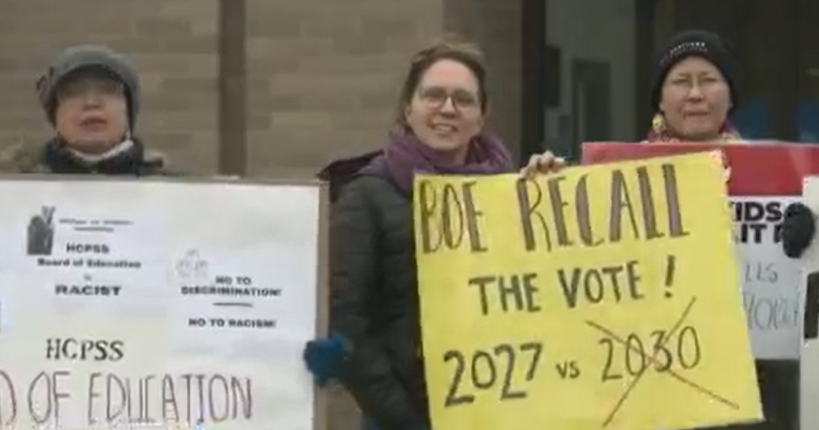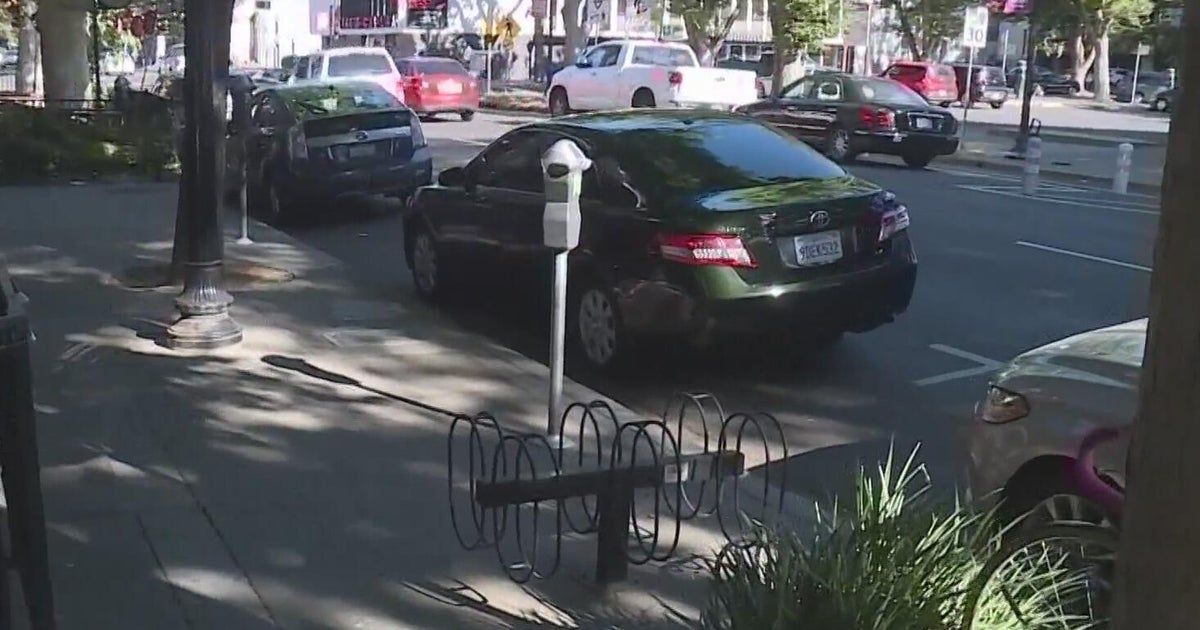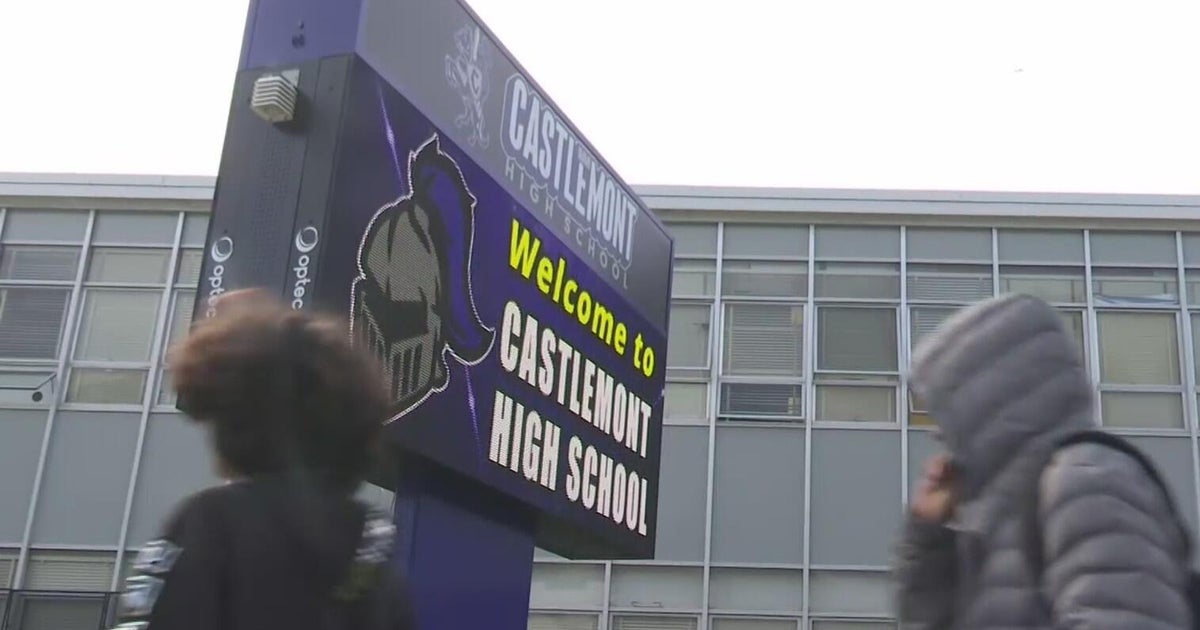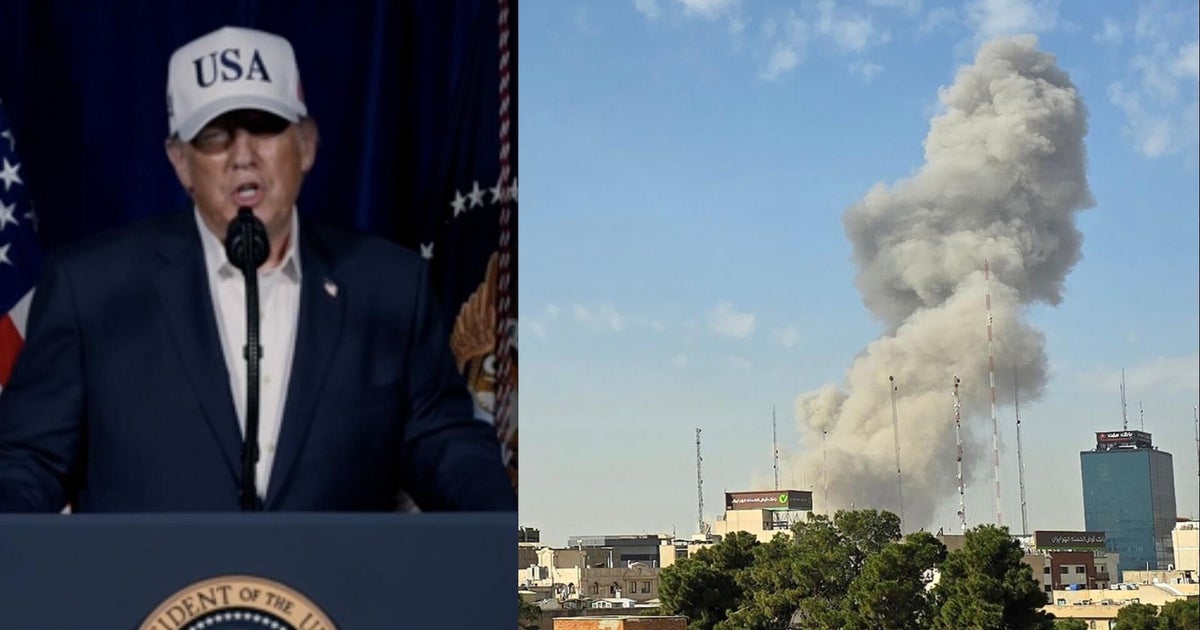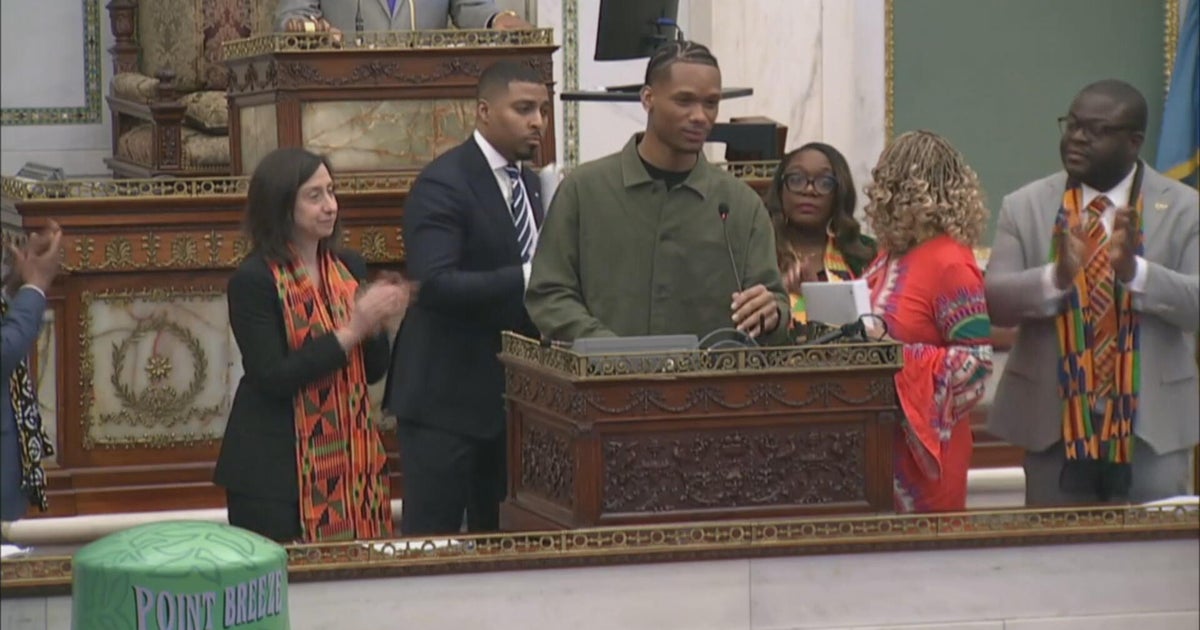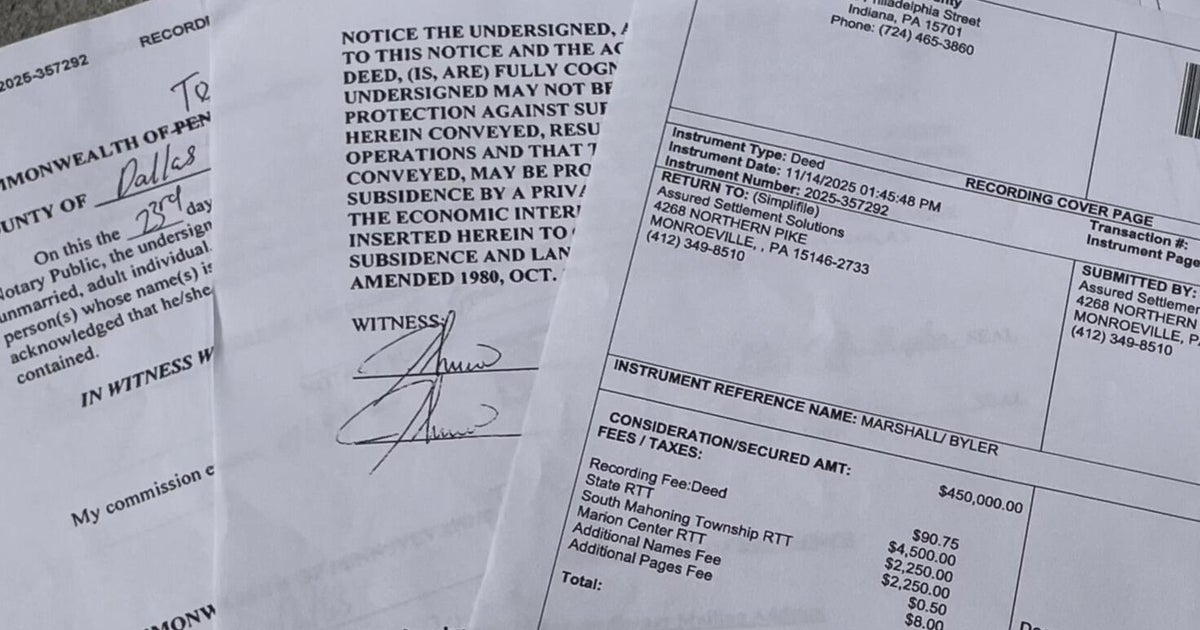Dayton, Minn. DFL Leaders Reach Budget Deal
ST. PAUL, Minn. (AP) -- Gov. Mark Dayton and the Legislature's top Democrats announced an agreement Sunday to raise taxes on Minnesota's wealthier residents and cigarette sales and to spend the extra money on public schools and colleges, as well as on other areas.
Dayton and DFL leaders held a rare Sunday news conference to release initial details of their deal on the state's two-year budget, though they left a number of details still to be worked out.
House Speaker Paul Thissen said alcohol and gas tax increases are still possible, too, and that a controversial plan to increase pay for legislators is also still in play. Definitely off the table is a Senate DFL proposal to raise the state sales tax on clothing, although it's still possible that some sales taxes paid by businesses could go up.
The legislative leaders said those decisions would be made in House-Senate conference committees in the eight remaining days before the May 20 deadline to end the regular session.
"I think it's important to know that we're going to be investing in priorities that Minnesotans clearly share," said House Speaker Paul Thissen, DFL-Minneapolis. He called spending increases of $475 million for public schools and $250 million for state colleges and universities "historic," singling out money to fund all-day kindergarten in school districts statewide. The deal also calls for repayment over the next two years of back debts owed to schools in delayed aid payments.
To fund those things, along with $89 million in spending increases for job creation and economic development programs, Democrats raise at least $2 billion in new taxes. They would raise income taxes on the wealthiest 2 percent of taxpayers, creating a fourth tax rate of 9.85 percent on income above $150,000 for single filers and $250,000 for couples. The current top state income tax rate is 7.85 percent.
Dayton has championed that proposal going back to his 2010 campaign for governor, arguing it would shift more of the state's overall tax burden away from the middle class and onto people who can better afford it. The governor and legislative leaders said also still in the mix is a separate, House DFL plan to impose a temporary 4 percent surcharge on taxpayers making $500,000 or above — but said the exact rate of the surcharge is not yet certain.
Also not yet set is the exact size of the cigarette tax increase. Dayton had originally sought a 94-cent increase in the state's current $1.23 cent-a-pack tax, while House Democrats backed an even bigger boost of $1.60. While admitting cigarette taxes hit low-income people the hardest, Dayton and DFL leaders insisted most in the middle class would not see a net increase in their tax burden under their budget.
Senate Minority Leader David Hann, R-Eden Prairie described the DFL deal as "overtaxing, overspending and overreaching." He and his House counterpart, Rep. Kurt Daudt, said current state revenues are enough to cover spending needs without hiking taxes, though they did not specify which spending increases proposed by Democrats that Republicans would jettison.
Relegated to the minority in both the House and Senate, Republicans have no power to block tax increases. The party's only leverage is the ability to withhold votes for what the Democrats said they would like to be $800 million in bonds for state building and infrastructure projects; such bills require a two-thirds majority to pass each chamber, meaning Republican votes would be needed.
"We're not interested in putting the taxpayers on the hook by charging the credit card for $800 million of bonding," said Daudt, R-Crown. Hann agreed.
The repayment of what's often called the "school shift" traces back to previous budgets crafted by both GOP and DFL leaders that bolstered the state's depleted general fund by delaying state aid payments to school districts. The budget maneuver has become more politically charged over time, and many current House Democrat ran winning campaigns last fall on promises to pay back schools in full.
But the deal announced Sunday left some question about how quickly the remaining $860 million owed to schools would be paid back. DFL leaders said that's contingent on how much is left in the general fund at the end of the state's fiscal year on June 30, and whether the fund's revenue collections improve in upcoming forecasts.
Lawmakers on conference committees were left with much to chew on before midnight on May 20. Proposals to raise sales taxes on alcohol, which are strongly opposed by beer and spirits producers, will be a topic of debate in the conference committee on taxes, as will proposed sports memorabilia tax that could be used to shore up lagging state funding to help build the Minnesota Vikings stadium.
The conference committee on state government finance will weigh the charged issue of pay raises for legislators. And transportation negotiators will contend with a 5-cent gas tax increase and a half-cent sales tax increase in the Twin Cities for public transportation, both of which are in the roads and transit budget passed by the Senate but not passed by the House.
Dayton himself has been critical of the gas tax increase. "I keep taking it off the table, and the Senate keeps putting it back in," he joked on Sunday. But he said he was confident of a final product "that works for Minnesota, and puts Minnesota to work."
(© Copyright 2013 The Associated Press. All Rights Reserved. This material may not be published, broadcast, rewritten or redistributed.)

